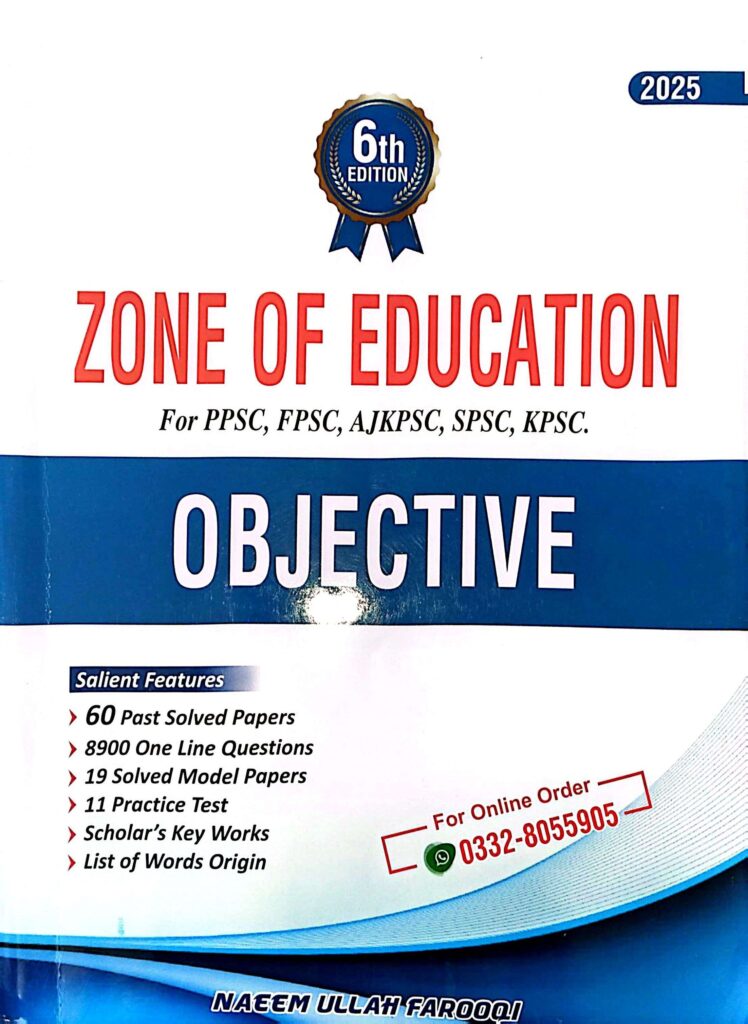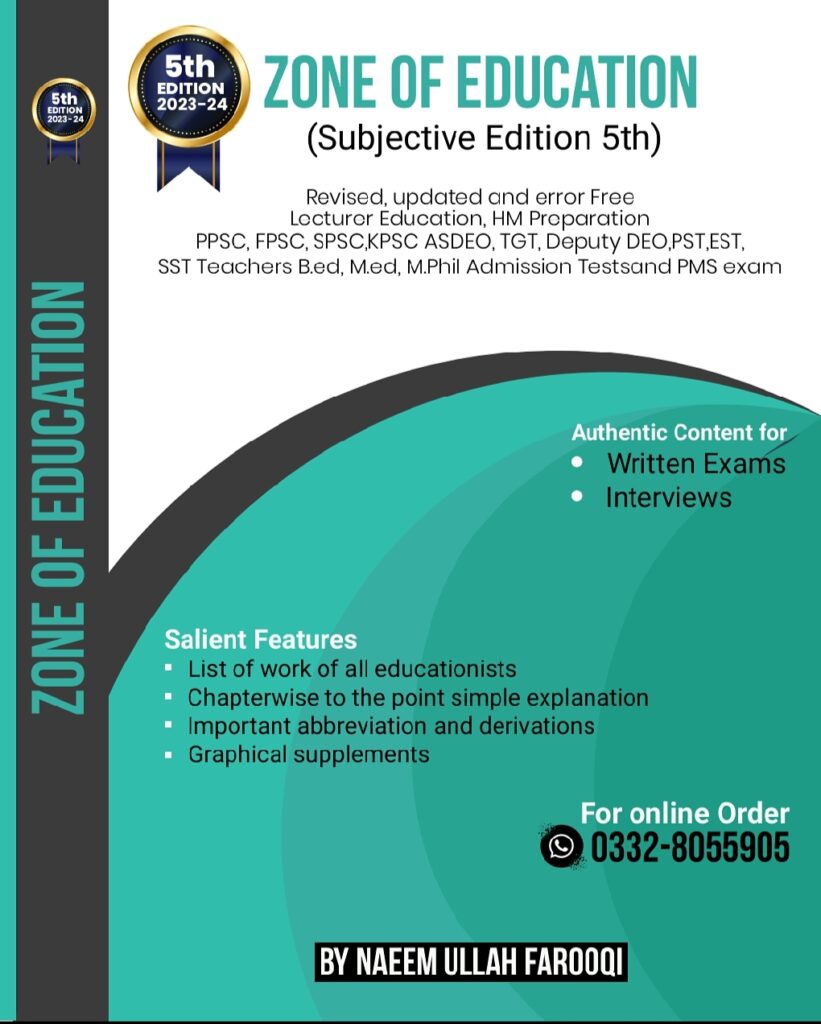Educational Research
1. Research reading is done from:
(a) Educational journals
(b) Books, monographs
(c) Government publication
(d) All the above
2. Which is the Don’t in survey of related literature?
(a) Turn the summary of the journal or the article
(b) In taking notes, be as brief as possible
(c) Do not hurry
(d) Be accurate
3. The method of research may be selected on the basis of:
(a) Purpose of research
(b) Type of control
(c) Source of data
(d) All of the above
4. A method of research employs many techniques. Is it true?
(a) Yes
(b) No
(c) Don’t know
(d) Can’t say
5. In the historical method, after we have collected data from primary and secondary sources, it is subjected to:
(a) Analysis
(b) Criticism
(c) Interpretation
(d) None of the above
6. The criticism or data is of two kinds:
(a) Internal
(b) External
(c) Both ‘a’ and ‘b’
(d) None of the above
7. Survey method is:
(a) Longitudinal type
(b) Cross sectional type
(c) Both ‘a’ and ‘b’
(d) None of the above
8. Survey can be:
(a) Quantitative
(b) Qualitative
(c) Both ‘a’ and ‘b’
(d) None
9. Data means:
(a) Facts
(b) Observations
(c) Truths
(d) Marks obtained
10. Data is of:
(a) Qualitative type
(b) Quantitative type
(c) Both
(d) Neither
11. What is the basis of collection of data?
(a) Clarity
(b) Stability
(c) Flexibility
(d) All the above
12. Level of significance means:
(a) Probability of rejecting small hypothesis
(b) Probability of accepting null hypothesis
(c) Probability of accepting the research hypothesis
(d) Probability of rejecting research hypothesis
13. What is population?
(a) Totality of objects or individuals
(b) Males and Females
(c) Only the chosen ones
(d) All the above
14. A sample represents:
(a) Audience
(b) Crowd
(c) Population
(d) None of the above
15. Why should we select a sample?
(a) Not possible to study total population
(b) Economy of money
(c) Economy of time
(d) All the above
16. Good sample means:
(a) Accurate
(b) Stable
(c) Completely covers population
(d) All the above
17. What is the disadvantage of sampling?
(a) Better scrutiny of data
(b) Chances of bias
(c) Suitable in limited resources
(d) Greater speed
18. What are the main methods of sampling?
(a) Random
(b) Stratified
(c) Multiple
(d) All the above
19. “Stratified sampling ultimately becomes random sampling,” is it true?
(a) Yes
(b) No
(c) Can’t say
(d) No reply
20. What is the advantage of random sample?
(a) It is free of errors in classification
(b) It is free from bias and prejudice
(c) It is simple to use
(d) If the units are widely dispersed, the selection of sample becomes impossible
21. “Sampling Frame” means:
(a) Defining simple unit and selecting units
(b) Identification of target population
(c) Preparing a complete list of units of a unite population for drawing a sample
(d) None of the above
22. Reliability in a test refers to:
(a) Adequacy of standardization
(b) Consistency in results
(c) Objectivity in administering and scoring
(d) None of the above
23. Other things being equal, which type of test tends to have the lowest reliability?
(a) Recognition
(b) Essay
(c) Simple recall
(d) True-false type
24. Norms represent:
(a) Acceptable performance for a given age or grade
(b) Actual performance for a given age or grade
(c) Average goals to be attended by each class by a certain grade or age
(d) None of the above
25. Odd man out:
(a) Face validity
(b) Content validity
(c) Construct validity
(d) Sampling validity
26. What is an ideal sample in terms of numbers?
(a) 10
(b) 1,000
(c) 4,000
(d) Million
27. Which of the following does not determine the size of a sample?
(a) Nature of population
(b) Type of sampling design
(c) The degree of precision
(d) Knowledge of sampling
28. Which is not a correct statement?
(a) A test can be reliable without being valid
(b) A test cannot be valid without being reliable
(c) A test can be both valid and reliable
(d) A test can be valid without being reliable
29. Face-to-face purposeful conversation means:
(a) Interview
(b) Observation
(c) Case study
(d) None of the above
30. Which is not a projective test?
(a) Ink Blot test
(b) TAT
(c) Word association test
(d) MMPI
JOIN ZONE OF EDUCATIONPK!
Discover the most comprehensive and reliable pedagogy resources in Pakistan, curated for competitive exam success. Our content covers all competitive exam MCQs, including PPSC, FPSC, AJKPSC, SPSC, and more. Designed to empower learners with top-notch material and insights, trust us for your preparation journey!


